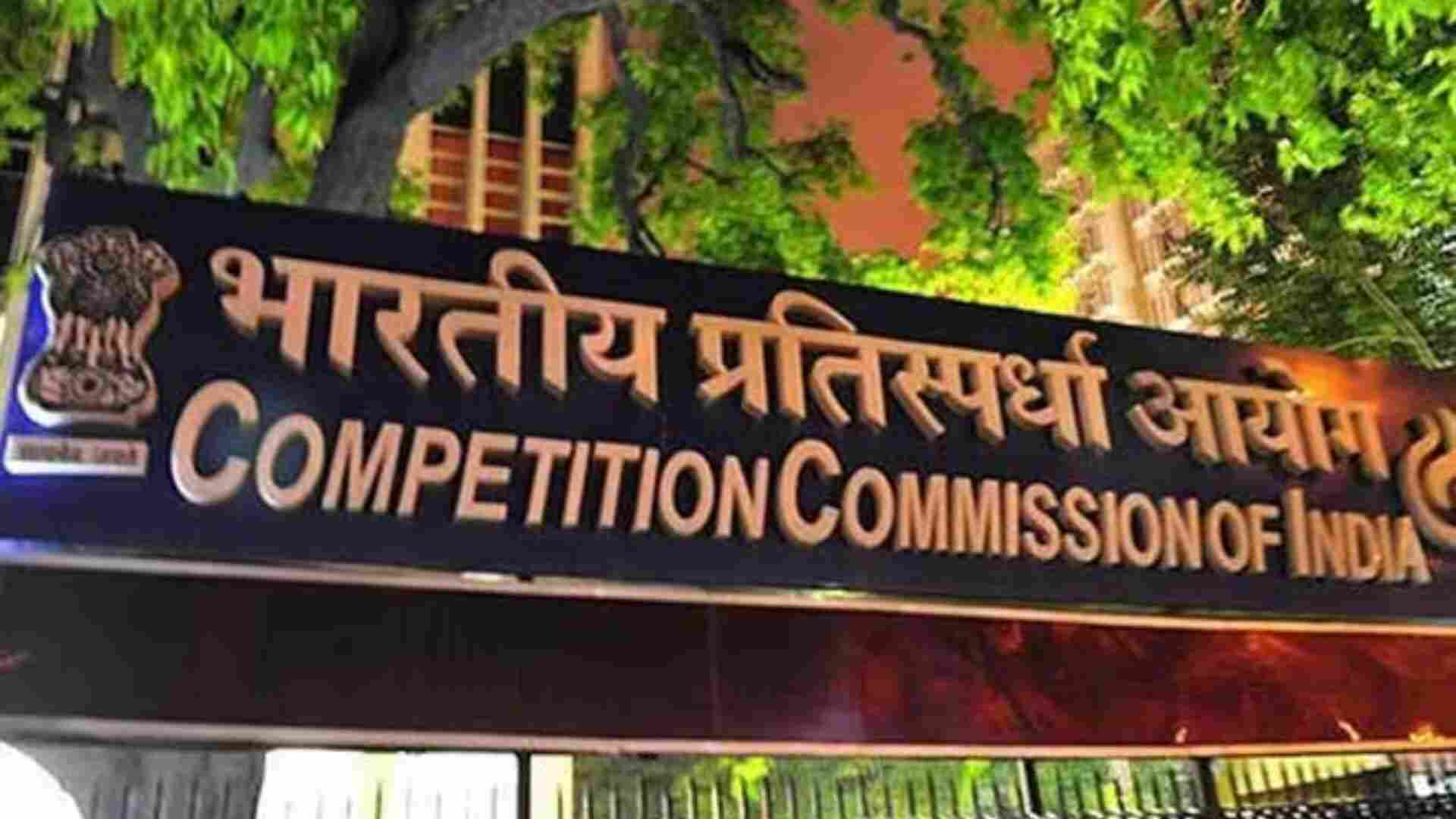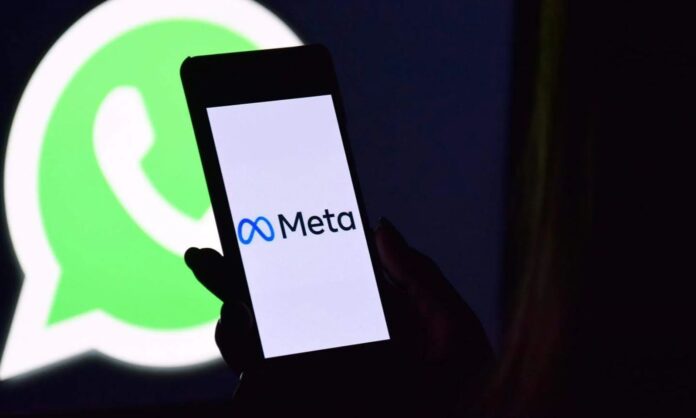The Competition Commission of India (CCI) has imposed a hefty fine of ₹213.14 crore on Meta for exploiting its dominant market position through WhatsApp’s controversial 2021 privacy policy update. The ruling underscores India’s commitment to safeguarding fair competition in the burgeoning digital economy and sends a strong message to global tech giants operating in the country.
Unfair Practices Under Scrutiny
In January 2021, WhatsApp introduced sweeping changes to its privacy policy, mandating users to accept the new terms by February 8, 2021. The update included provisions for sharing user data with Meta (formerly Facebook) and its subsidiaries. Unlike earlier policies—such as the 2016 version, which allowed users to opt-out of data sharing—this update offered no such flexibility. The CCI found this to be a coercive “take-it-or-leave-it” offer, significantly limiting user choice.
The CCI’s investigation revealed that Meta leveraged WhatsApp’s market dominance in two critical areas: over-the-top (OTT) messaging apps and online display advertising. WhatsApp, with its massive user base in India, reportedly had over 500 million users in the country by 2021, making it an indispensable communication tool for individuals and businesses alike. This unparalleled reach, coupled with the policy update, enabled Meta to gather vast amounts of user data, bolstering its already dominant position in the online advertising market.

The Fallout: What Meta and WhatsApp Must Do
The CCI’s order includes stringent measures to curb Meta’s practices. WhatsApp has been directed to:
- Halt all forms of user data sharing with Meta companies for advertising purposes for five years.
- Provide clear and detailed explanations for any data sharing conducted for non-advertising purposes.
- Allow users to opt out of data sharing, with easy-to-access settings within the app.
The CCI also emphasized that after the five-year period, any data sharing must comply with India’s Competition Act. This decision reflects the growing regulatory oversight on big tech companies, ensuring they operate transparently and do not stifle competition.
Impact on Digital Advertising and User Privacy
The Commission highlighted how the data-sharing policy unfairly blocked smaller companies from entering the online display advertising market. By monopolizing user data, Meta created a significant barrier to entry, effectively curtailing competition. This not only hurt businesses but also reduced the quality and diversity of advertising services available to users.Furthermore, the ruling signals a broader trend of regulatory agencies globally scrutinizing the practices of tech giants like Meta. The fine is not merely a financial penalty but also a statement against the unchecked power of digital monopolies.

Rising Digital Concerns: Meta’s Policies Under Fire
Meta’s practices have increasingly become a subject of concern for digital watchdogs worldwide. Critics argue that the company has built an empire on extensive data collection and cross-platform integration, often at the expense of user privacy. The 2021 WhatsApp policy change exemplifies this approach, where users were forced to relinquish their data to continue using the service.The ramifications of such policies are profound. Data shared across Meta’s platforms, including Facebook, Instagram, and WhatsApp, creates a treasure trove of information that enhances targeted advertising but raises serious questions about data security, consent, and ethical boundaries.
In recent years, global regulators have taken note. For example:
- The European Union fined Meta €1.2 billion in May 2023 for violating GDPR regulations by transferring user data to the United States.
- The United States Federal Trade Commission (FTC) has launched investigations into Meta’s practices, particularly concerning child safety and algorithm transparency.
- Countries like Germany and Australia have also initiated regulatory actions against Meta’s monopolistic tendencies.
India’s fine is the latest in a series of efforts to hold tech giants accountable, especially in a market as vast and digitally active as India.
Protecting Users in a Digital Age
The CCI’s decision marks a significant step toward protecting users in India’s digital landscape. By mandating transparency and providing users with choices, it aims to empower individuals against coercive practices by big tech companies. With over 800 million internet users, India is a lucrative market for global technology firms, but it is also a market that demands accountability.
The decision also highlights the importance of data sovereignty and the need for robust regulations to protect user privacy. Initiatives like India’s proposed Digital Personal Data Protection Act aim to strengthen these safeguards further.
The Road Ahead for Meta
While Meta has not yet issued a detailed response to the CCI’s ruling, the fine and accompanying directives are likely to have far-reaching implications for the company. Compliance with these rules will require Meta to rethink its data strategies in India, potentially affecting its advertising revenues.
Moreover, this ruling could encourage other countries to adopt similar measures, creating a ripple effect of regulatory challenges for Meta. It also underscores the importance of ethical and transparent practices in building trust with users.

